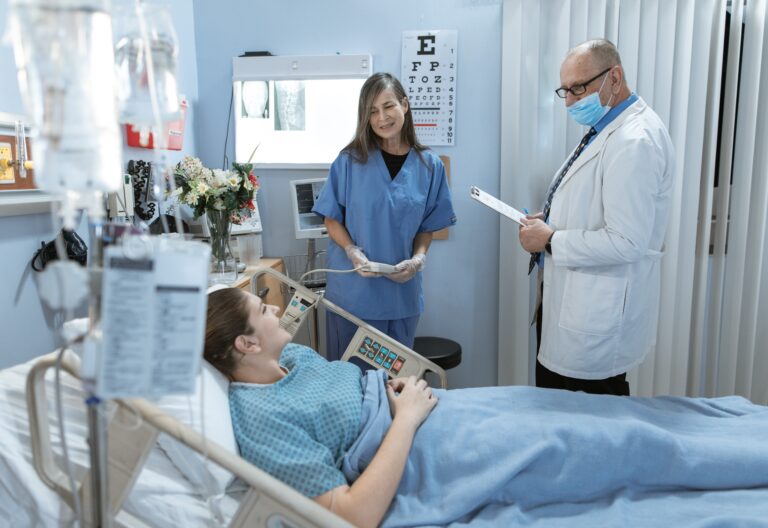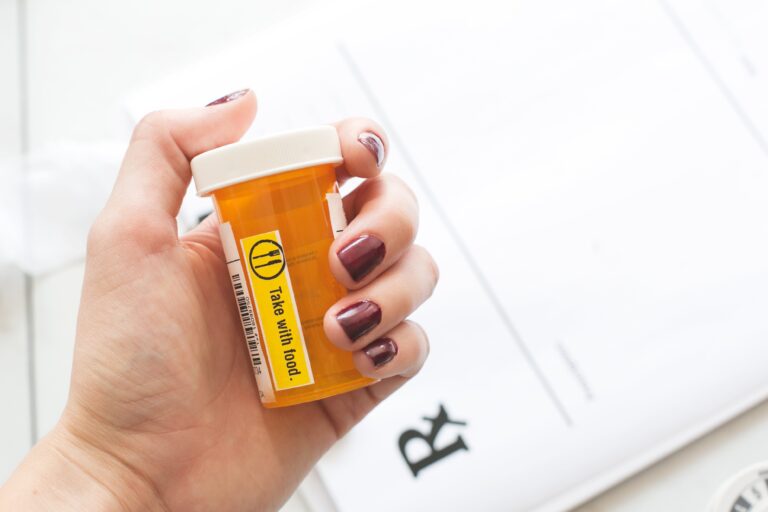HIPAA faxing in the cloud is quickly replacing traditional fax machines in healthcare. Cloud-based faxing allows providers to send and receive Protected Health Information (PHI) securely without relying on paper, phone lines, or outdated hardware.
In this article, we’ll explain the benefits of cloud faxing, why HIPAA compliance is essential, and the best practices healthcare organizations should follow to keep PHI secure.
Table of Contents
The Shift to Cloud Faxing in Healthcare
In recent years, healthcare organizations have been phasing out traditional fax machines and moving toward cloud-based HIPAA faxing. Rising phone line maintenance costs, the need for faster workflows, and stricter HIPAA compliance requirements have all contributed to this shift. Unlike physical machines, cloud faxing eliminates paper, toner, and maintenance while allowing staff to manage faxes digitally.
Cloud faxing also supports today’s remote and interconnected healthcare environment. Providers can send and receive PHI securely from any location, and integrations with EHR systems and healthcare apps make faxing a seamless part of clinical workflows. By adopting HIPAA-compliant cloud fax solutions, organizations reduce risk, improve efficiency, and keep pace with modern healthcare communication needs.

Why HIPAA Compliance Is Critical for Cloud Faxing
Protected Health Information (PHI) is one of the U.S. healthcare system’s most tightly regulated data types. Even a single mishandled fax can result in a costly HIPAA violation, including fines, legal consequences, and damage to patient trust. When faxing moves to the cloud, the risk can increase if security measures are not in place. Data traveling across the internet must be shielded from interception, tampering, and unauthorized access.
Cloud-based HIPAA fax ensures that:
- Patient data is encrypted during transmission and storage. Encryption keeps PHI secure, whether sent, received, or stored in the cloud.
- Access to faxes is limited to authorized users. Role-based permissions and authentication help prevent unauthorized staff or outsiders from viewing sensitive records.
- Providers sign a Business Associate Agreement (BAA). This agreement legally obligates the fax service to protect PHI under HIPAA regulations.
Without these safeguards, a cloud fax service does not qualify as HIPAA-compliant and should never be used for transmitting PHI. Ensuring compliance isn’t optional for healthcare providers. It’s a legal and ethical necessity.
Key Benefits of HIPAA-Compliant Cloud Faxing
When implemented correctly, HIPAA-compliant cloud faxing delivers significant advantages for healthcare organizations needing to securely and efficiently exchange PHI. Unlike traditional fax machines, cloud-based solutions are built for modern healthcare workflows and compliance needs.
Security: End-to-end encryption, audit logs, and access controls ensure PHI is fully protected during transmission and storage. Every fax sent leaves a traceable record, helping providers maintain accountability.
Compliance: HIPAA-compliant fax services offer Business Associate Agreements (BAAs) and built-in safeguards, providing the documentation and protections required under the HIPAA Security and Privacy Rules.
Cost savings: Eliminating the need for fax machines, phone lines, paper, and maintenance significantly reduces overhead. Providers can reallocate resources to patient care instead of office equipment.
Scalability: Cloud HIPAA faxing is flexible enough to handle both small practices and large hospital networks. High-volume faxing can be managed without bottlenecks or additional infrastructure.
Workflow integration: Many solutions integrate seamlessly with email, EHR systems, and other healthcare platforms, reducing manual steps and making PHI exchange part of the daily digital workflow.
For healthcare organizations, these benefits translate to safer communication, greater efficiency, and reduced risk, all while staying compliant with HIPAA.

Security Considerations for Cloud-Based Faxing
Even with the shift to digital workflows, protecting Protected Health Information (PHI) remains a top priority. Cloud faxing can meet HIPAA requirements, but only if specific safeguards are in place. Healthcare organizations should carefully evaluate the following security considerations before choosing a provider:
Encryption: Verify that the service uses strong encryption for data in transit and at rest. Without encryption, PHI could be intercepted or exposed.
Audit trails: A compliant service should provide detailed logs of all fax activity, including who sent or accessed each fax and when. These records are essential for accountability and HIPAA audits.
Access controls: Restricting access to verified, authorized staff ensures that only the right people handle sensitive faxes. Features like role-based permissions and two-factor authentication add another layer of protection.
Storage policies: Understand how long faxes are retained and how they are securely deleted. Improper retention or disposal could lead to compliance violations.
BAA requirement: A provider that refuses to sign a Business Associate Agreement should not be trusted with PHI. A signed BAA makes the provider legally responsible for safeguarding patient information.
By evaluating these factors, healthcare organizations can ensure that their cloud faxing solution supports HIPAA compliance and protects patients from unnecessary risk.

Best Practices for Secure HIPAA Faxing in the Cloud
When healthcare organizations must send HIPAA fax in the cloud, following strict security practices ensures PHI remains protected and compliant. While cloud faxing reduces reliance on outdated hardware, it also requires careful oversight to prevent breaches and human error.
Verify fax numbers: Always double-check recipient information before sending to avoid misdirected faxes, which can violate HIPAA.
Staff training: Provide ongoing education on HIPAA faxing protocols so employees understand how to handle sensitive patient data correctly.
Role-based access: Limit who can send, view, or manage faxes to authorized staff only. This reduces exposure and strengthens accountability.
Audit log monitoring: Regularly review fax activity logs to identify unusual access patterns or unauthorized use.
Choose the right provider: Partner with a HIPAA-compliant fax service that offers encryption, signed BAAs, and secure storage policies tailored for healthcare compliance.
By adopting these best practices, healthcare organizations can confidently transition from physical machines and safely fax PHI through the cloud.
Stay Secure and Efficient: Try iFax Cloud Faxing Today
Cloud faxing is only as secure as the service you choose. iFax is a trusted solution designed specifically for HIPAA-compliant cloud faxing. With encryption, audit trails, digital signatures, and signed BAAs, iFax ensures healthcare organizations can fax PHI without compromising compliance.
Stay secure, reduce costs, and improve efficiency. Try iFax cloud faxing today.







